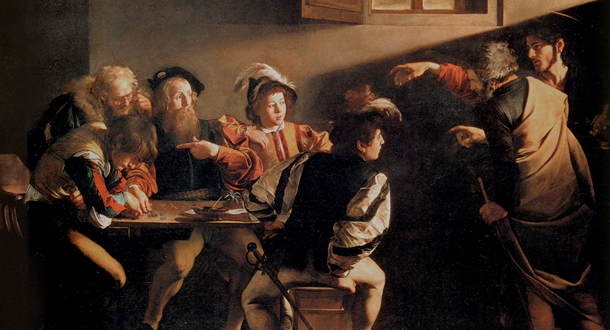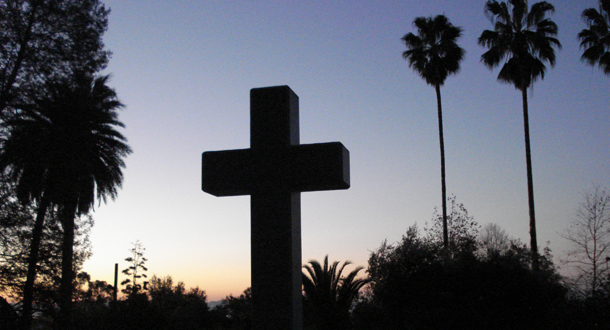
Scripture:
Reflection:
In our Gospel reading, Jesus tells a parable about a sower who goes out to sow his seed. The seed falls in different places with different results. Later on, Jesus explains the parable to His disciples. The seed that falls “on the path,” “on rocky ground,” “among thorns,” and “on rich soil,” represent different responses to hearing the word of God.
Only the last-mentioned condition, falling “on rich soil,” represents a positive response to God’s Word, and Jesus explains it this way: “But as for the seed that fell on rich soil, they are the ones who, when they have heard the word, embrace it with a generous and good heart, and bear fruit through perseverance.”
It is that phrase “bear fruit through perseverance” that struck me as I read this Gospel passage once again. It is through perseverance that helps us keep faith, even when we are like the seed that fell on the path and are led astray by the devil. It is perseverance that helps us when we are more like the seed that fell on rocky ground, and we falter in times of adversity. And it is perseverance that helps us keep faith when we are like the seed that fell among thorns and get caught up in worldly anxieties and desires, only to realize that fulfilling those desires still leaves our hearts restless and discontent.
And it is by the grace of God that we are able to persevere, and so we are called to do. The world needs us to bear good fruit. May God’s Word find “rich soil” in us, so that others may witness the love of God in action.
Fr. Phil Paxton, C.P., is the local superior of the Passionist Community in Birmingham, Alabama.







